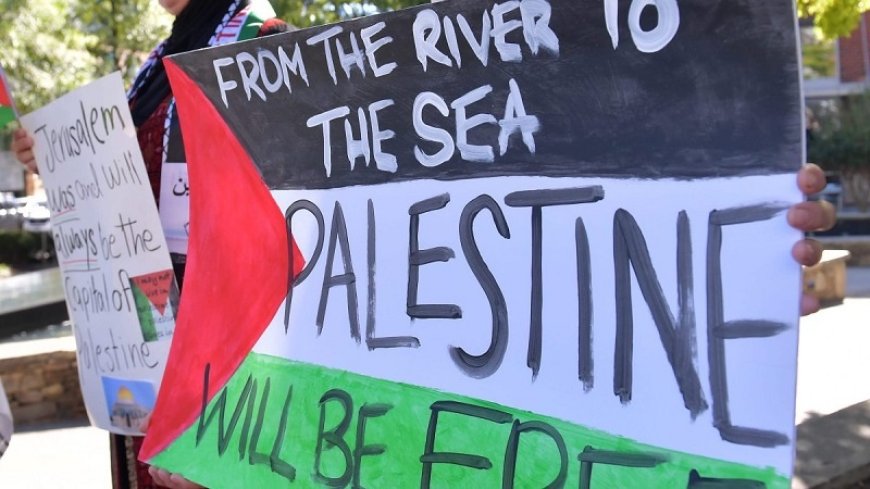From Eastern Palestine to "Judea and Samaria": The Future of a Controversial Agenda
As the time for Donald Trump's inauguration as US president approaches, Washington's plans and plots to support Israel's expansionist policies are becoming clearer and more apparent.

As the time for Donald Trump's inauguration as US president approaches, Washington's plans and plots to support Israel's expansionist policies are becoming clearer and more apparent.
In recent weeks, the protection and support of Trump's advisers and close associates for Israel's invasion and expansion plans has become a major issue, and they are now discussing it at length. One of the key issues emphasized by many of Trump's advisers and close associates is the formal annexation of the West Bank and its annexation to other occupied Palestinian territories.
In a recent position, Tom Cotton, a Republican senator in the United States, has proposed a plan to rename the West Bank. In the plan, Cotton has called for the use of the Jewish name for the West Bank, namely Judea and Samaria, in all official US documents.
Previously, Mike Huckabee, the new US ambassador to occupied Palestine (Israel), also said that the Donald Trump administration is ready to support any plan by the Netanyahu government to annex the West Bank and establish Israeli authority in the area.
The plan to annex and annex 30 percent of the West Bank and the lands occupied by the Zionists in 1948, renamed Israel, is one of the main pillars of the discriminatory plan of the Deal of the Century, which the United States wanted to implement during the last term of Trump's presidency, and now some of Trump's advisers are talking about its implementation.
The truth is that the pro-Israel lobby and pressure groups in the United States are now working harder than ever to gain support from the Trump administration and to try to change the situation in Israel's favor. The annexation of more Palestinian land in the West Bank is one of the key demands of these lobbies and groups, an issue that is accepted by the Palestinian opposition, Palestinian activists, and international law.
In recent years, Israel, with the full support of the United States, has accelerated the process of building settlements in the occupied West Bank and Al-Quds. Also, the right-wing extremists in Benjamin Netanyahu's cabinet have put the annexation of the West Bank on the agenda; and now, the war in Gaza and the Palestinian situation on the one hand, as well as the political situation in the United States and the re-election of Trump as president of the country, have provided more opportunities for the invaders to seize the land.
Bezalel Smotrich, the Finance Minister of the Zionist regime of Israel, has expressed his hope that with the support of the new US administration, there will be a great opportunity to abolish civilian rule in the West Bank and the Gaza Strip. He has also announced the seizure of 27,000 acres of land from the West Bank, which is the largest step in this field since the Oslo Accords in 1993.
At the same time, the Palestinian Islamic Jihad Movement (Hamas) has emphasized that: "The policy of expanding the Zionist settler lines and the settlers' attacks on the towns and villages of the West Bank is very dangerous, and that the Palestinian people will defeat the Zionist plans to seize their land by continuing to stand firm in the struggle for liberation."
Therefore, although with the election of Trump, the Zionist regime has more hope of implementing its aggressive policies, history shows that the Palestinian nation, as the main owner of this land, will never surrender to these plots and policies.













































